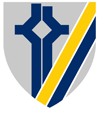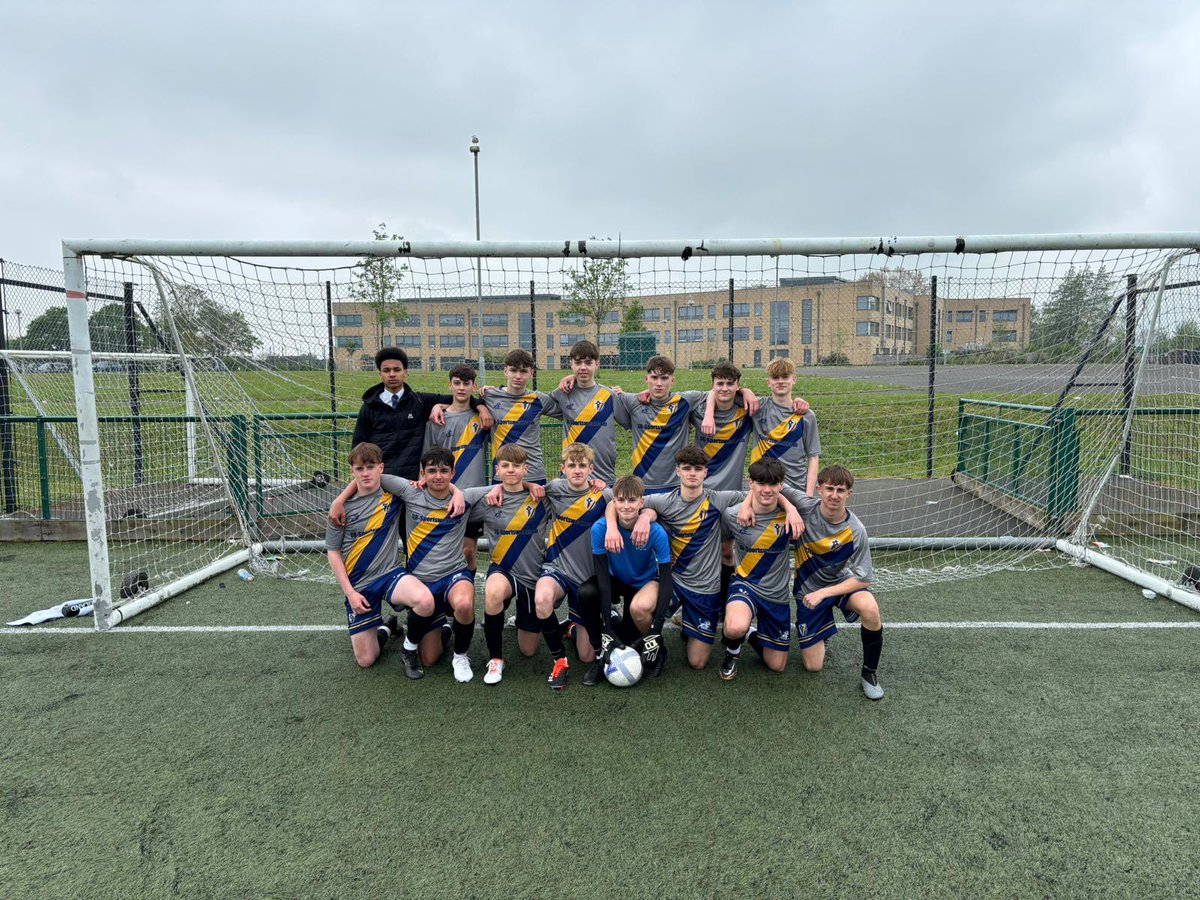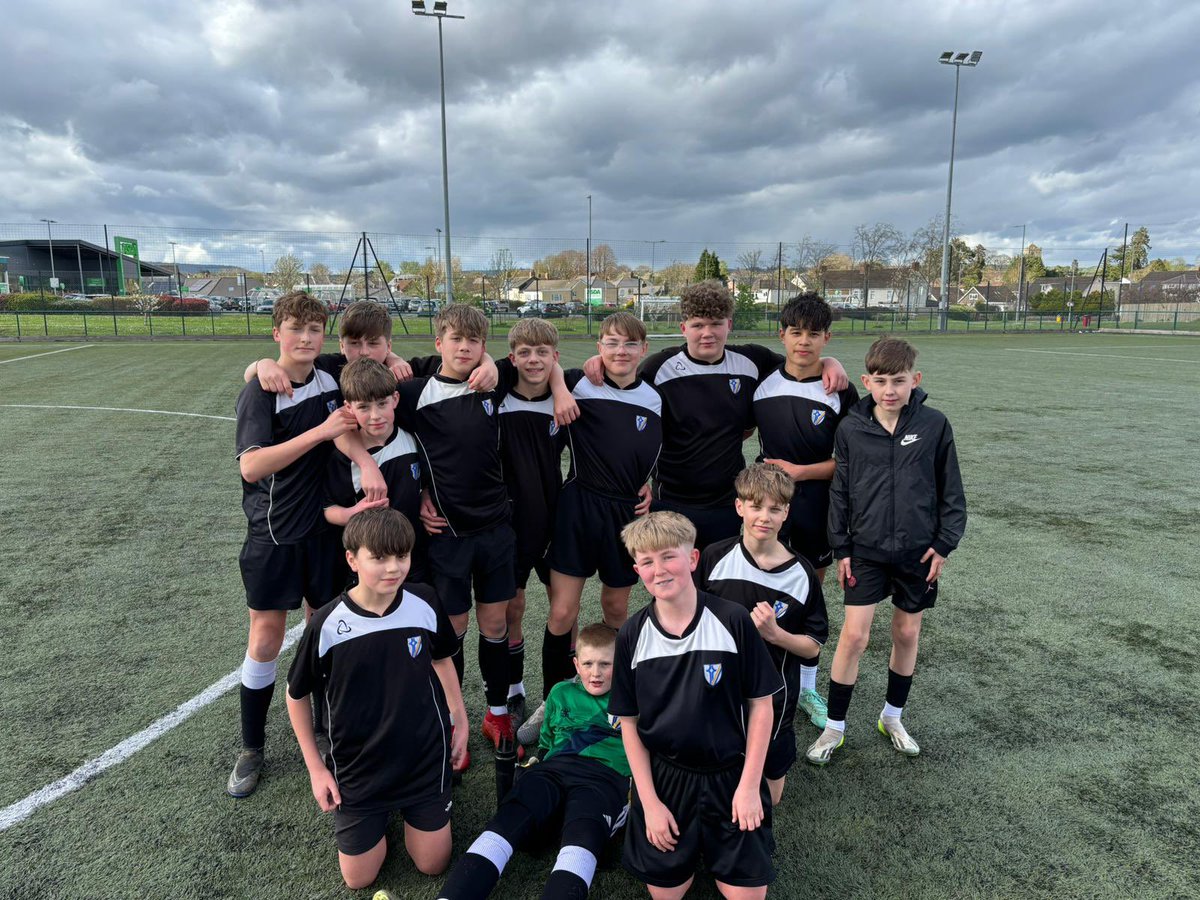Novel Coronavirus (COVID-19)
A coronavirus is a type of virus. The following cardinal symptoms may develop after exposure to someone who has COVID-19 infection: new continuous cough; high temperature; and/or loss of taste and/or smell. Generally, these diseases can cause more sever symptoms in those individuals with weakened immunse system, such as older people and/or those with long-term conditions, such as diabetes, cancer and/or chronic lung disease.
COVID 'Stable' Phase of Response
COVID-19 has affected the world since March 2020. Throughout this period of time, the school has worked closely with a range of stakeholders to ensure it takes appropriate steps to help keep students and staff safe. The school has developed robust risk assessments, taking into account national legislation and guidance to ensure the control measures taken are both reasonable and proportionate.
As we enter the 'COVID stable' phase of the pandemic, it is recognised that the virus has not gone away entirely and will continue to remain with us globally. However, with coronavirus specific legal requirements no longer in place, the risks from coronavirus are now considered in the same context as other communicable disease risks, such as flu or norovirus. The school will continue to consider the mitigating steps it can take to help reduce the spread of the virus, and to help protect our students and staff. This includes additional protections for those who are more vulnerable, including the immunosuppressed or those who live with someone who is vulnerable. The school will continue to follow local and national guidance to help reduce the transmission of the virus; to contribute to improving public and staff confidence and to minimise the potential for further disruption to student's learning.
From May 2022, the school has responded to the 'Public Health Advice for Schools' checklist to ensure it considers the potential steps it could take to reduce the risk of transmission. However, from this date, the checklist replaces the 'Local COVID-19 infection control decision making framework'. As a result, the school will no longer be publishing its risk assessment with tiered levels of response to COVID-19 transmission rates.
Useful Information about Coronavirus (COVID-19)
UK Government (COVID-19)
Welsh Government (COVID-19)
Public Health Wales
| Novel Coronavirus (COVID-19) |
|---|
| COVID-19 'Public Health Advice' Checklist |









